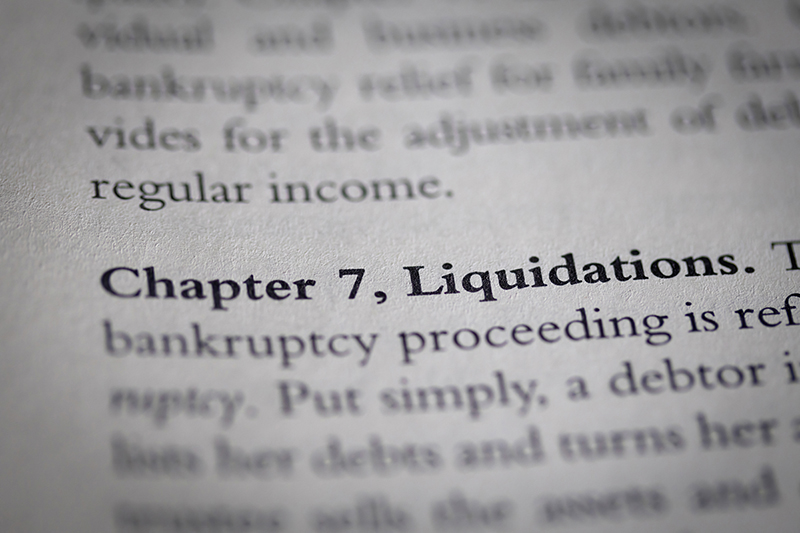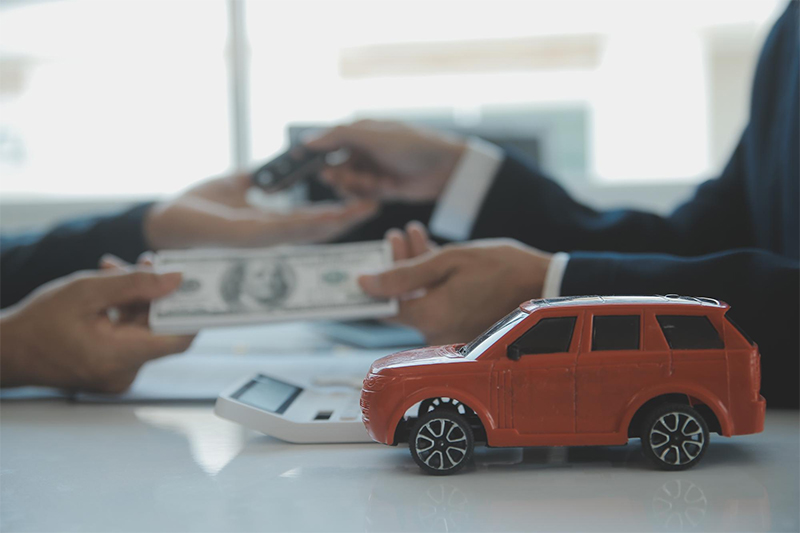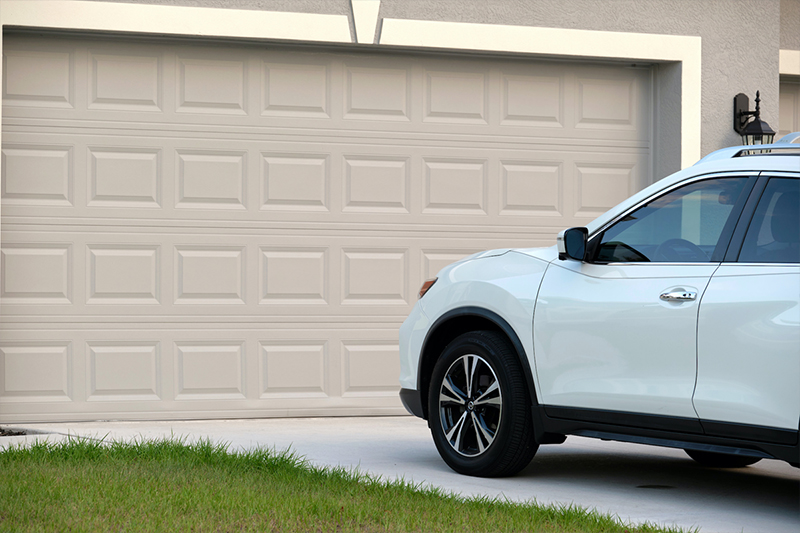Facing financial challenges often leads individuals to explore options such as bankruptcy to regain control of their economic well-being. One common concern during this process is the fate of essential assets, particularly one’s vehicle.
Here we will address a fundamental question: Can you file for bankruptcy and still retain ownership of your car? Navigate the nuances of bankruptcy laws, exemptions, and potential strategies to help you better understand the possibilities and considerations when it comes to keeping your vehicle while seeking financial relief.
Can I Keep My Car in Chapter 7 Bankruptcy?
In Chapter 7 bankruptcy, a trustee is appointed to oversee the liquidation of your non-exempt assets to pay off your creditors. Certain exemptions allow you to keep essential property, such as your car. [1]
In most states, some exemptions allow you to keep a certain amount of equity in your car. Equity is the value of your car minus any outstanding loans or liens. If the equity in your car is within the allowed exemption amount, you can keep your car in Chapter 7 bankruptcy.
If the equity in your car exceeds the exemption amount, you may still be able to keep your car by redeeming it. This means that you can pay the trustee the fair market value of the car in a lump sum in exchange for keeping it.

Can I Keep My Car in Chapter 13 Bankruptcy?
In a Chapter 13 bankruptcy, you work with the court to develop a repayment plan for your debts. This plan typically lasts three to five years and allows you to catch up on any missed payments while still meeting your current financial obligations. Because of this structured repayment plan, you can often keep your car and continue making payments on it.
The value of your car will be taken into account when developing your repayment plan. If you own your car outright, its value will be factored into the overall value of your assets. If you still owe money on your car, the monthly payment will be included in your repayment plan.
What Happens to Your Auto Loan if You File for Bankruptcy?
If you file for Chapter 7 bankruptcy, you may have to surrender your car if you still owe a significant amount on the loan and cannot afford to continue making payments. In this case, the lender can repossess the car and sell it to recoup the remaining balance of the loan. If you have equity in the car that is exempt under bankruptcy law, you may be able to keep it by reaffirming the debt and continuing to make payments. [2]
If you file for Chapter 13 bankruptcy, you may be able to keep your car even if you have a significant amount of debt. You may also be able to negotiate with your lender to modify the terms of your auto loan during bankruptcy. This could involve lowering the interest rate, extending the loan term, or even reducing the principal balance.

What Bankruptcy Exemptions Apply to My Car?
One of the most commonly used bankruptcy exemptions is the motor vehicle exemption. This exemption allows you to keep a certain amount of equity in your car, meaning that if the value of your car is below the exemption limit, you may be able to retain ownership of it.
The actual amount of the motor vehicle exemption varies by state, but it typically ranges from a few thousand dollars to several thousand. Married couples filing jointly may be able to double the exemption amount, providing even more protection for their vehicle.
If your car is essential for your job or daily transportation, it may be considered a necessary tool for your livelihood and therefore exempt from being seized in bankruptcy. This is known as the “tools of the trade” exemption and can provide further protection for your car.
What is the Best Way to Protect My Car in Bankruptcy?
One of the best ways to protect your car in bankruptcy is to ensure that it falls within the allowable exemption limits.
Another way to protect your car in bankruptcy is to reaffirm the debt on the car. Reaffirming a debt means that you agree to continue making payments on the car as if the bankruptcy never happened. By reaffirming the debt, you can continue to keep and use the car as long as you stay current on the payments.
If you have equity in your car that exceeds the allowable exemption limits, you may need to consider other options such as negotiation with the bankruptcy trustee. You may be able to buy back the equity in your car from the trustee or arrange to make payments to the trustee in order to keep the car.
Contact Frego Law today to schedule a consultation and take the first step towards financial freedom while keeping your car!

FAQs
On one hand, bankruptcy may cause a temporary dip in your credit score, making it more challenging to qualify for a car loan. Over time, as you demonstrate responsible financial behavior and rebuild your credit, your chances of getting approved for a car loan will improve. Some lenders specialize in providing loans to individuals with a history of bankruptcy, although the terms and interest rates may be less favorable.
When you file for bankruptcy, an automatic stay goes into effect, which halts most collection actions, including car repossession. Whether or not your car will ultimately be repossessed depends on the type of bankruptcy you file and if you can keep up with the car payments.
In Chapter 7 bankruptcy, if you are unable to catch up on missed payments or reaffirm the debt, the lender may seek permission from the court to repossess the car. In Chapter 13 bankruptcy, you may be able to keep your car if you can propose a repayment plan that includes catching up on missed payments.
It is possible to use bankruptcy to lower the amount you owe on your car. In Chapter 13 bankruptcy, you may be able to “cram down” the amount you owe on your car to its current value, which can result in significant savings.
Sources:
[1] Gerson, E. S. (2020, August 27). What Happens to My Car During Bankruptcy? Experian. https://www.experian.com/blogs/ask-experian/what-happens-to-my-car-during-bankruptcy/
[2] Dellinger, A. (2023, March 24). What happens to my car when I file for bankruptcy? Bankrate. https://www.bankrate.com/personal-finance/debt/what-happens-to-car-in-bankruptcy/#bankruptcy




